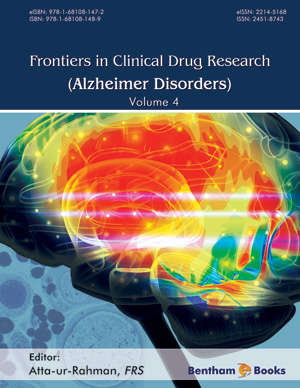Abstract
This chapter considers the current state of efforts to develop prevention and treatment strategies for Alzheimer’s disease (AD). It takes the form of answers to 12 posed questions on this topic. The urgent need for improved interventions to prevent symptomatic AD is highlighted while the outcome of treatment trials for those who already have developed symptoms is also reviewed. Efforts at primary and secondary prevention are distinguished and the link with cardiovascular disease, diet and other lifestyle-related risks discussed. The need for better understanding of the pathogenesis of sporadic AD is considered crucial since any improved interventions are likely to depend on this. The important role of neuroimaging in extending understanding of the trajectory of pre-clinical AD development is considered as is the importance of developing improved and readily applicable biomarkers for the disease. Approaches to develop further randomised controlled clinical trials for AD and the formidable costs that these entail are discussed together with the contribution of epidemiological studies as an adjunct to trials. Ultimately there needs to be improved education about the risks of AD so that individuals throughout their lives can be encouraged to take better personal responsibility for living well into old age.






















